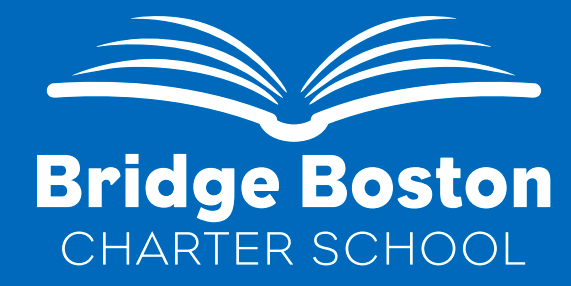Testing begins December 16th, however the majority of testing will take place after we return from winter break.
Math Fluency: K2-8th
Purpose:
i-Ready is an online program for reading and mathematics that will help your student’s teacher(s) determine your student’s needs, personalize their learning, and monitor progress throughout the school year. i-Ready allows your teacher(s) to meet your student exactly where they are and provides data to increase your student’s learning gains. i-Ready consists of two parts: Diagnostic and Personalized Instruction.
Why?
This Winter, we’ll be taking the Middle of Year (MOY) iReady Benchmark tests to measure your scholars’ growth from the Beginning of Year (BOY) to now. We’ll do this again in late Spring to measure their End of Year (EOY) growth as well. We look forward to celebrating your scholars’ achievements!
How?
Your scholars’ Reading and Math teachers will be administering this assessment during designated testing periods. This will be the main focus of the days’ instructional blocks, since we want students to focus on the importance of the test to ensure we receive valid data to guide our future instructional delivery.
For more resources, visit iReady Family Center
DIBELS: K2 - 6th Grade Literacy
Purpose:
DIBELS are measures that help teachers and schools determine how students are performing on important reading skills. DIBELS stands for Dynamic Indicators of Basic Early Literacy Skills. These measures are designed for students in grades K-8. Here at Bridge Boston Charter School, we use this assessment for students in Grades K2-6 only.
Why?
A student’s scores on the DIBELS measures give the school information about whether or not a student is on track for grade-level reading success. A school can quickly identify students who do not meet the goals on each DIBELS measure and provide extra help. For example, if your child is reading words accurately, but slowly, the teacher can provide extra practice re-reading stories and passages to improve his or her reading rate or fluency. The teacher can use the progress monitoring scores to make sure your student receives extra help to improve other reading skills during the school year.
Teachers can review scores on DIBELS measures for all the students in a class to make decisions about how to prepare their day-to-day reading lessons. School and district staff can also study the test scores across classrooms and grade levels to make decisions about how to best use resources to make sure that every child in the school, including your child, is on track to become an accurate and fluent reader.
How?
All students in a school building are given the DIBELS test three times each year; usually this occurs in the fall, winter, and spring. This school-wide testing is called benchmark assessment. School personnel may also regularly check on the progress of students who receive extra reading help to make sure their reading skills are improving. These regular checks are called progress monitoring. Students who are progress monitored may complete one or two of the individual DIBELS tests as often as once a week or as little as once every 6 weeks depending on school resources and the needs of the student.
In order to take these assessments, students are pulled individually by their Reading teacher and/or Reading Specialist. Depending on the portion of the test, it takes anywhere between 1-6 minutes to complete the assessment.
For more resources, visit Parents Guide to DIBELS Assessment
iReady: K2-8th
Purpose:
These are quick assessments used to determine your scholars’ math fluency across the main domains their grade level addresses.
Why?
This data helps our teachers to create intentional instructional groups aimed at targeting student specific math support needs. This allows us to provide targeted instruction based on strengthening their foundational math skills, as well as closing any foundational fluency gaps, to support their overall math calculation and problem solving skills.
How?
These assessments are given three times per year to measure each scholar’s growth in each of these areas. Depending on your scholars’ grade levels, as well as their individual needs, tests may be administered during their Math instructional block through a whole group testing session, or individually/small groups.
ACCESS Testing: English Language Learners
Purpose:
This assessment provides information about students’ English language abilities in school. ACCESS measures what students know and can do in English domains of Listening, Reading, Speaking, and Writing.
Why?
Educators use this information to make decisions regarding students’ education and instructional needs, specifically centered around English language acquisition and application. ACCESS scores provide guidance around the amount and frequency of continued ELL instructional services.
How?
Students who qualify for this assessment are tested either individually, or in small groups, by their ELL teacher. Since the test is broken into four domains, participating scholars will partake in four testing sessions spanning four different testing days. For example, your scholar may take Listening on Monday, Reading on Tuesday, etc.
ELL teachers will be reaching out to parents to notify them of their scholars’ specific schedule.
For more resources, visit WIDA









































































